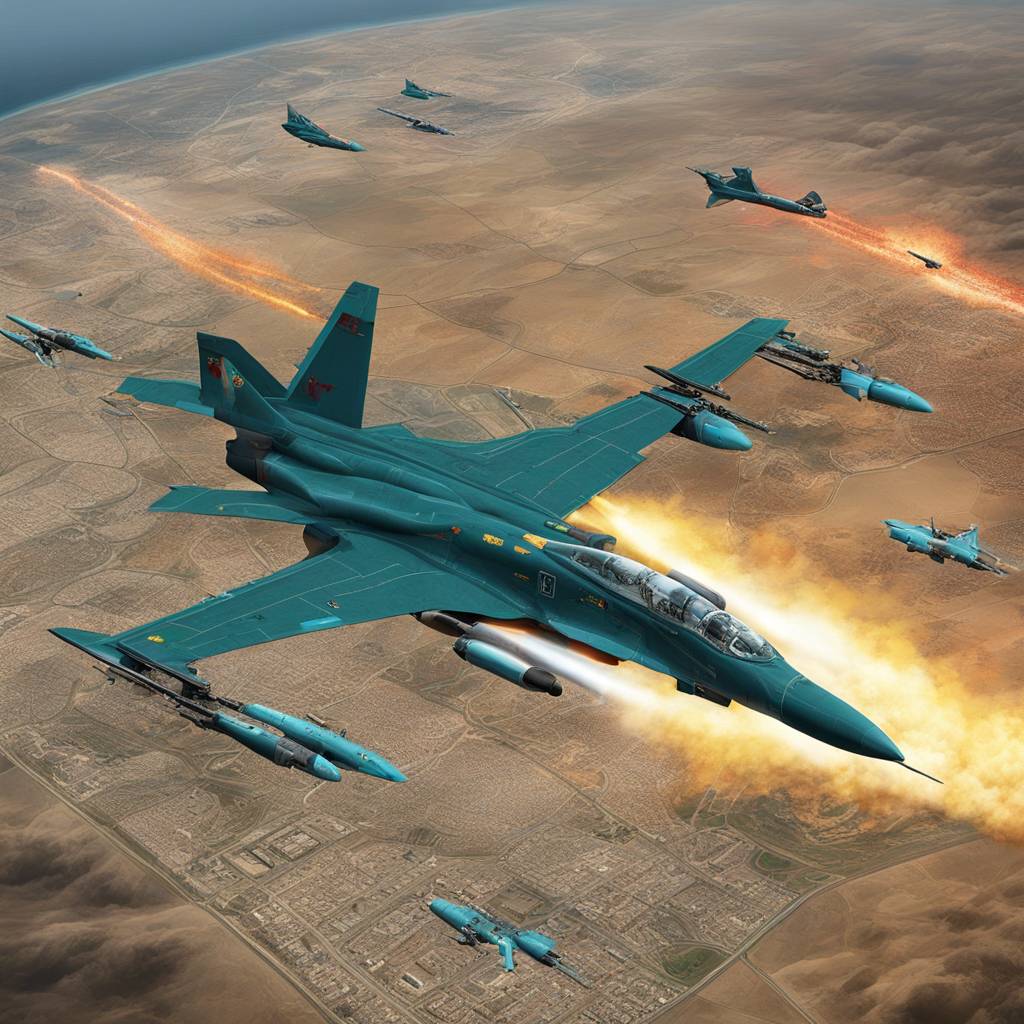Iran has announced its intent to invest in artificial intelligence (AI) to enhance its military capabilities and boost its struggling economy. President Ebrahim Raisi met with private sector companies to discuss plans to invest in digital businesses, with the goal of growing the economy by 8%. However, experts are skeptical about whether this move will address Iran’s economic challenges and are more concerned about the potential military applications of AI that Tehran could leverage on the battlefield.
Iran’s access to AI technologies, unlike physical product imports, could provide the country with a cost-effective way to strengthen its security posture internationally and support foreign actors, armed militias, and designated terrorist organizations. Iran expert Behnam Ben Taleblu emphasized the potential for Tehran to use AI for digital repression, as well as its ability to enhance military capabilities through integrating AI with cruise missiles, drones, hacking campaigns, and deepfakes to spread misinformation. The use of AI could allow Iran to continue operating as an asymmetric powerhouse in the Middle East and increase its capacity to threaten the international community.
In addition to military concerns, investments in AI by Iran also have geopolitical implications. By investing in AI to enhance marketplaces and circumvent sanctions, Iran could strengthen its economic ties with countries like China and Russia. This could further complicate the security landscape in the Middle East and beyond, as Tehran seeks to expand its influence and challenge Western interests using AI technologies. Experts caution that Iran’s interest in AI should be taken seriously, as it could significantly increase the threat that the country poses to Western nations.
Iran’s recent moves to invest in AI highlight its commitment to leveraging advanced technologies for military and economic gain. By focusing on domestic AI development, Tehran aims to enhance its military capabilities without relying on costly imports, especially in areas heavily sanctioned by the international community. The integration of AI with existing weapons systems, coupled with information warfare tactics, could significantly bolster Iran’s ability to project power and influence in the region, posing a direct challenge to U.S. and Western security interests.
As Iran continues to pursue AI development and integration into its military strategy, the international community must closely monitor its activities and assess the potential risks posed by Tehran’s use of advanced technologies. By expanding its use of AI for military purposes and supporting proxy actors in various conflicts, Iran could further destabilize the Middle East and threaten global security. Efforts to counter Iran’s AI capabilities and limit its ability to exploit emerging technologies for adversarial purposes will be crucial in addressing the evolving security challenges posed by Tehran’s strategic investments in AI.



